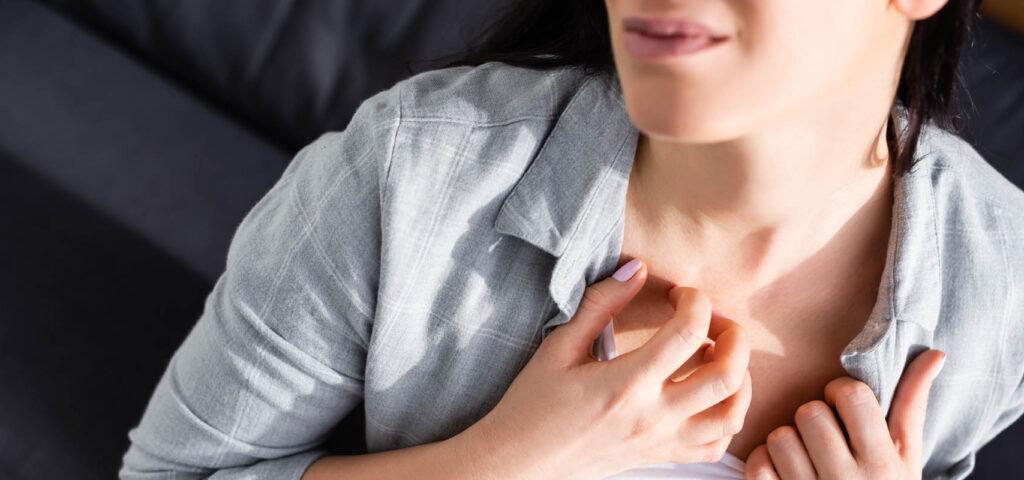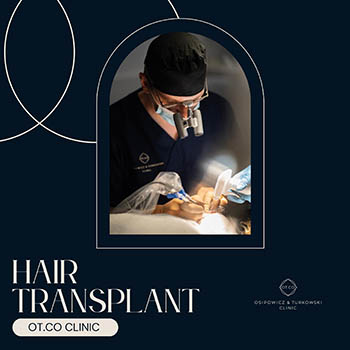TL;DR:
- Common causes of skin itching: Dry skin, allergies (e.g., nickel, latex, certain foods), fungal infections (e.g., nail fungus), bacterial infections, eczema, autoimmune conditions, and systemic diseases like kidney or liver issues.
- Symptoms: Itching can occur with or without rashes, redness, swelling, flaky skin (e.g., AD), or systemic issues; chronic itching with serious symptoms needs medical attention.
- Types of itching: Localized (scalp, legs), generalized (body-wide), chronic (e.g., eczema, kidney failure), acute (e.g., infection, irritants), or non-lesional (no visible rash).
- Skin care recommendations: Avoid scratching, use mild cleansers, moisturize with ceramides/glycerin, apply cool compresses, wear cotton clothing.
- Treatment: Identify cause, use corticosteroid creams, antihistamines, or antipruritics; treatments like cryotherapy, laser therapy, and chemical peels can help; consult a doctor for tailored plans.
Dermal itching is an ailment that can affect anyone regardless of age or gender. While it is often a temporary symptom that disappears on its own, it can also be indicative of more serious health problems. At the OT.CO Clinic, we are aware of how persistent and bothersome this feeling can be, so we have prepared a short guide to help you understand its causes and effective ways to relieve skin itching.
What are the causes of skin itching?
The causes of itchy skin can be the result of many different factors. First of all, the most common one is dry skin. Lack of adequate hydration makes the skin rough and prone to irritation. Allergic reactions to substances such as nickel, latex or cosmetics can also cause itching. In addition, some foods cause allergic reactions leading to itching and rashes. It is also worth remembering fungal infections, such as nail fungus or foot fungus, which cause itchy skin. The causes of this ailment also include bacterial infections, such as purulent dermatitis. Eczema also known as AD can also cause itching, redness and inflammation. Autoimmune diseases that lead to red, scaly patches on the skin that are often itchy, bacterial dermatitis are also associated with skin pain and itching.
What are additional symptoms of itchy skin?
** Itchy skin without skin symptoms** is one type of ailment. Contrary to popular belief, itching does not always have to be associated with skin symptoms, such as irritation or red pimples. Sometimes Patients experience only increased itching and changes in appetite. Much more often, however, rashes such as blisters, pustules, blisters or scales appear. These appear in the case of certain viral infections. They are accompanied by flaky skin – especially in the course of AD. Patients may also notice redness in their skin, which results from irritation, inflammation or an allergic reaction. Pruritus is also accompanied by swelling in the case of allergic reactions and infections. Dermal itching in its chronic form, accompanied by serious skin lesions, fever or swelling or other systemic symptoms requires urgent consultation with a doctor. Accurate diagnosis and appropriate treatment are the basis for effective management of this problem and improved quality of life.

What are the types of itchy skin and what areas does this ailment involve?
Itching can be localized and limited to one area of the skin, such as. **Itching of the scalp, itching of the legs, among others, is due to an allergic reaction, insect bites, dry skin or local infections. Diffuse itching spreads over a larger area of the body, involving several sites. Then the patient feels, for example. itching on the head and itching all over the body It can be the result of systemic diseases such as AD, psoriasis or kidney and liver disease. Chronic itching, on the other hand, persists for a long time, often for several weeks or months. It is associated with chronic skin diseases such as eczema, psoriasis or kidney failure. There is also acute, sudden itching. It can result from acute inflammation, infection or contact with irritants. **Non-lesional itching**, on the other hand, occurs without a visible rash or redness. It can be associated with dry skin or reactions to medications.
How to care for itchy skin?
Proper skin care is very important for its health and appearance. A proper skin care routine can help relieve itching symptoms, reduce irritation and improve overall comfort. First of all, scratching, which leads to further irritation, should be reduced, damaging the skin. It is also recommended to use mild, fragrance-free cleansers that do not irritate the skin. Soaps containing alcohol, perfumes and dyes further irritate the skin. It is good practice to use moisturizing creams or lotions, preferably without fragrances and dyes. Choose products containing ingredients such as ceramides, hyaluronic acid, glycerin or shea butter, which help rebuild the skin's protective barrier. It's also a good idea to apply cool compresses to itchy areas. Clothing made of natural materials, such as cotton, which is less irritating to the skin, also helps relieve itching.
How to treat itchy skin?
When the scalp or any other part of the body itches and the ailment is particularly persistent, the first thing to do is to discover the cause. A visit to a dermatologist or general practitioner can help diagnose and determine the appropriate treatment. If additional conditions, such as eczema or psoriasis, are discovered, it is important to start by treating them. Sometimes doctors include corticosteroid creams and ointments to reduce inflammation and itching. Antipruritic preparations contain ingredients such as menthol, camphor or calamine to provide relief. In some cases, pharmacotherapy, such as antihistamines or immunosuppressants, is included.
What treatments will help relieve itchy skin?
Dermatological, cosmetic and aesthetic medicine treatments can effectively support skin care, improve skin condition and alleviate various problems, including itching. Cryotherapy, which involves the use of extremely low temperatures to treat skin lesions, can remove skin lesions and reduce inflammation. Laser therapy, on the other hand, works well for removing hyperpigmentation. It uses concentrated light energy. Doctors may also recommend chemical peels after itching has been treated for patients with pronounced skin discoloration. The goal of the treatment is to exfoliate dead skin and improve skin texture. Cosmetology may additionally use moisturizing and nourishing masks that contain vitamins and minerals. Preparations are also used to moisturize and relieve dryness or itching. However, in the case of head itching, it is worth remembering that scalp itching may be due to problems such as alopecia areata or androgenetic alopecia. In such a case, the patient should remain under the continuous supervision of a trichologist. Besides, before starting any treatment, it is important to consult a doctor to determine the best method of treatment tailored to the skin type and causes of itching. After the treatment, on the other hand, it is important to follow the specialist's skin care recommendations. At the OT.CO Clinic, we help diagnose and treat itchy skin. Feel free to contact us to learn about all the options available in this aspect.
Conclusion
Itchy skin can stem from dry skin, allergies, infections, or chronic conditions. Understanding the cause is key to effective relief. From avoiding irritants to seeking medical advice, there are many ways to manage this discomfort. Proper skin care, treatments like cryotherapy or laser therapy, and expert guidance can bring lasting relief. If itching persists or worsens, don’t ignore it—consult a professional. Clear, healthy skin is achievable with the right steps and support. Take action to improve your skin’s comfort and health today!






